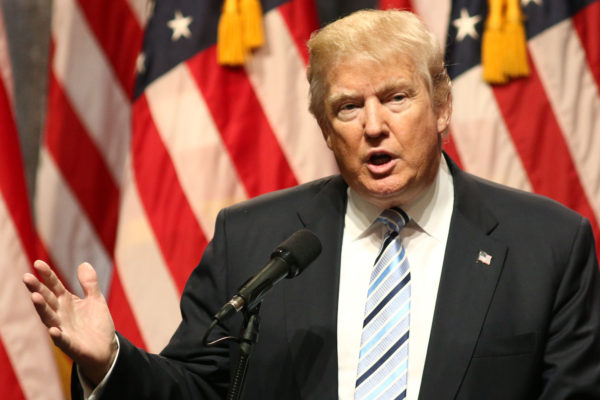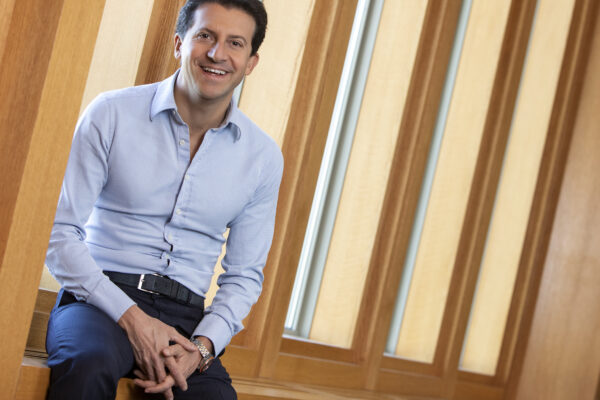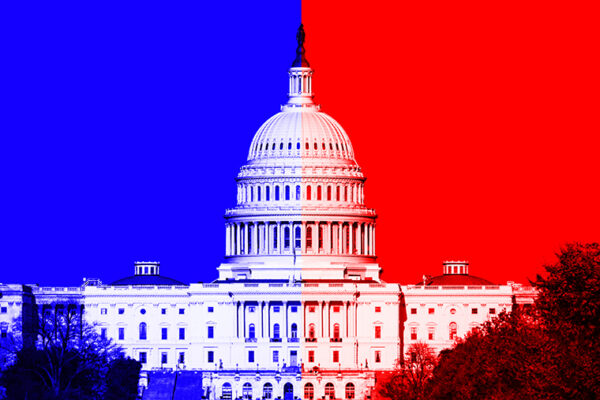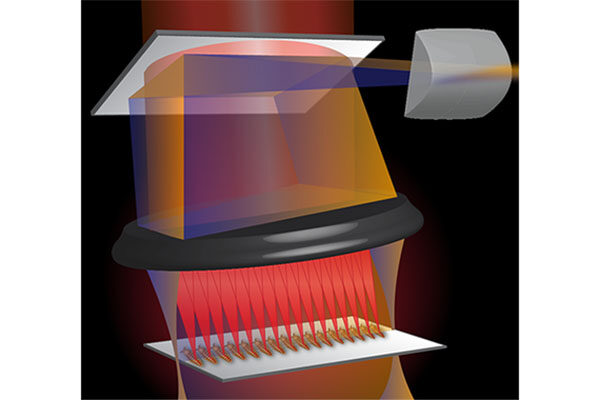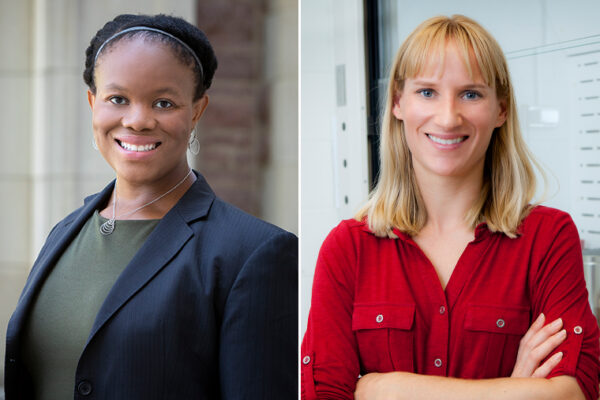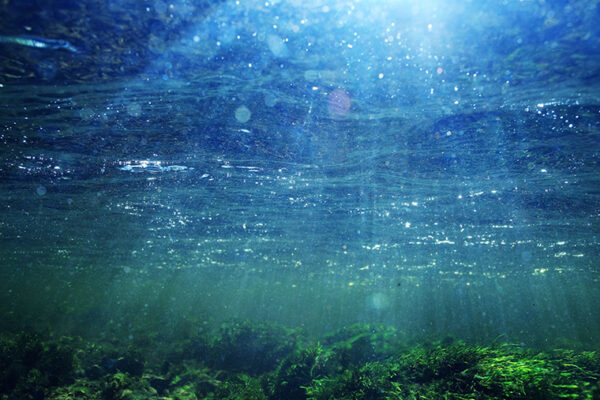Trump self-pardon might open him to prosecution
As Donald Trump prepares to leave the presidency Jan. 20 in the wake of being accused of fomenting the riot at the U.S. Capitol, he is reportedly considering an unprecedented move: the self-pardon. While no president has ever pardoned himself, the act might be more trouble than its worth for Trump, notes Dan Epps, a law professor at Washington University in St. Louis.
Flags lowered in honor of U.S. Capitol Police
The U.S. and university flags over Brookings Hall are lowered to half-staff until sunset Wednesday, Jan. 13, in honor of U.S. Capitol Police officers Brian D. Sicknick and Howard Liebengood, who died last week.
Sinopoli named IEEE Fellow
Bruno Sinopoli, the Das Family Distinguished Professor and chair of the Preston M. Green Department of Electrical & Systems Engineering at the McKelvey School of Engineering, has been named an IEEE Fellow of the Class of 2021, one of the organization’s most prestigious honors.
What is the 25th Amendment?
In light of the Jan. 6 mob attack on the U.S. Capitol building, many Democrats, and even some Republicans, have called for the use of the 25th Amendment to remove President Trump from office. What is that amendment and how does it work? Washington University in St. Louis law professor Greg Magarian explains.
Is compromise possible in a split Senate?
While there are no formal rules about how the Senate should function in the event of an even split, there is a template, says an expert on congressional politics at Washington University in St. Louis.
Colored light investigated to control irregular heartbeat noninvasively
The National Institutes of Health (NIH) has awarded a $2.1 million four-year grant for cardiac optogenetics research led by Chao Zhou, associate professor of biomedical engineering at the McKelvey School of Engineering.
Mob at Capital building amounts to insurrection
When a group violently attacks a government institution, in an effort to change the lawful governmental order, it is insurrection, says a law expert on the U.S. Constitution at Washington University in St. Louis.
Center for Teaching and Learning launches
The Teaching Center and the Learning Center at Washington University in St. Louis have joined together as one academic unit known as the Center for Teaching and Learning.
New roles for Imoukhuede, Wagenseil
Princess Imoukhuede, associate professor, has been named director of diversity initiatives for the McKelvey School of Engineering. In addition, Jessica Wagenseil, associate professor, has been appointed vice dean for faculty advancement at the school, and she will serve as associate chair of the McKelvey Faculty Committee on Diversity, Equity and Inclusion.
Orange is the new ‘block’
New research from Washington University in St. Louis reveals the core structure of the light-harvesting antenna of cyanobacteria — including features that both collect energy and block excess light absorption. Orange carotenoid protein plays a key protective role, according to Haijun Liu, research scientist in chemistry in Arts & Sciences at Washington University in St. Louis.
View More Stories
